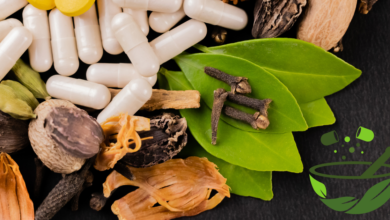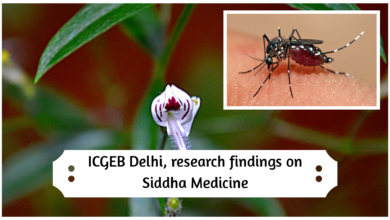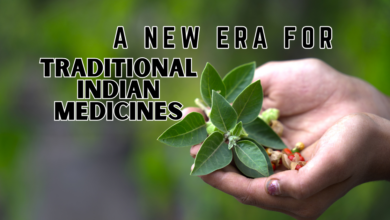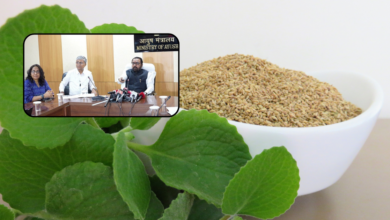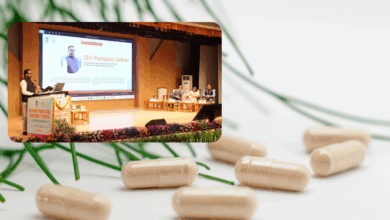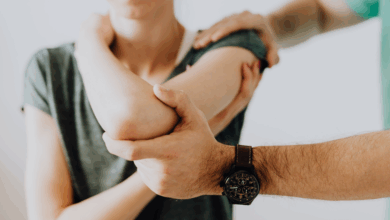Traditional Medicine Takes Centre Stage at WHA78: A Historic Leap Towards Global Health Integration
We must ensure traditional remedies are safe, effective, and backed by data
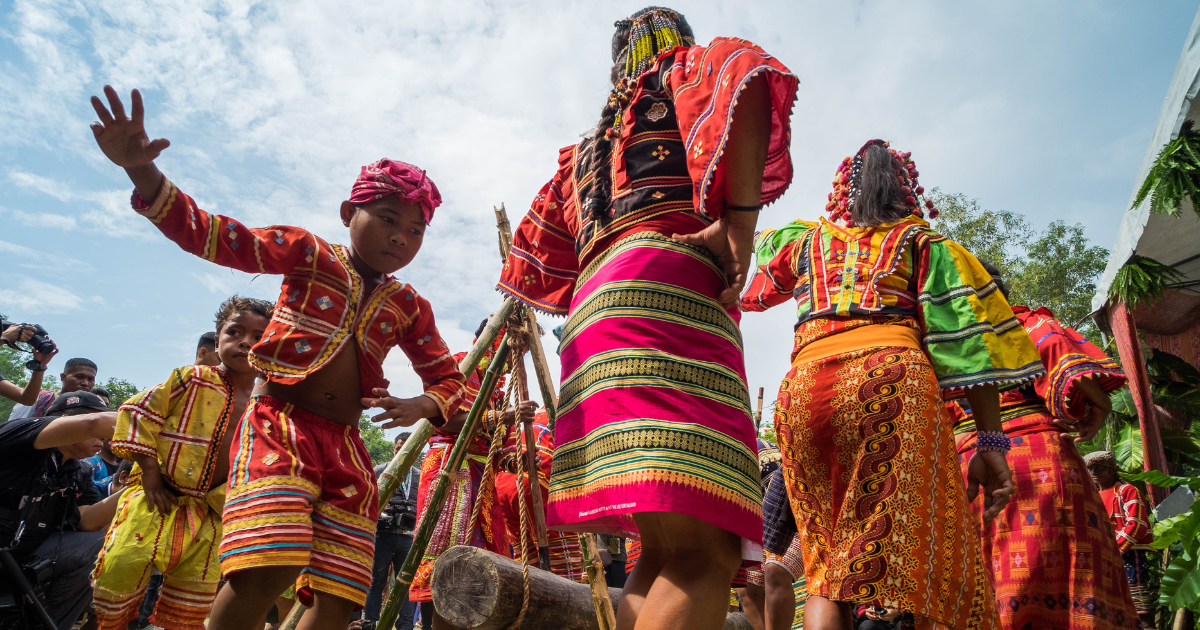
In a landmark move that could reshape global healthcare delivery, the 78th World Health Assembly (WHA78) held in Geneva has placed traditional medicine firmly in the global spotlight. Member states of the World Health Organization (WHO), led by strong advocacy from India and several other Asian and African nations, agreed to integrate traditional healing practices more deeply into national and international healthcare systems.
A New Chapter in Health Policy
For the first time, traditional medicine systems—such as Ayurveda, Unani, Siddha, and African herbal practices—have been recognized not just as cultural legacies, but as evidence-informed approaches capable of complementing modern medicine.
“This is a turning point,” said Dr. Tedros Adhanom Ghebreyesus, WHO Director-General. “We are no longer treating traditional medicine as an alternative, but as an ally in achieving universal health coverage.”
India’s Role: From Practice to Policy
India played a pivotal role in this shift. A significant milestone came with the inclusion of its traditional medicine interventions into the WHO’s International Classification of Health Interventions (ICHI). This move gives global legitimacy to centuries-old Indian practices, allowing them to be studied, standardized, and potentially prescribed worldwide.
Simultaneously, the Ministry of Ayush signed a Memorandum of Understanding (MoU) with WHO to co-develop a Traditional Medicine Module under the ICHI. “Our goal is to build a bridge between ancient wisdom and contemporary science,” said Vaidya Rajesh Kotecha, Secretary of the Ministry of Ayush.
Jamnagar: The New Global Hub
India’s commitment is further reflected in its $250 million investment to establish the WHO Global Centre for Traditional Medicine in Jamnagar, Gujarat. This international research and innovation center, inaugurated in collaboration with WHO, will serve as the nerve center for traditional medicine data, policy, and education.
The Centre aims to promote best practices, set standards, and serve as a knowledge hub connecting researchers, healthcare workers, and policymakers worldwide.
Funding and Future
India has also pledged $85 million over the next decade to fund programming at the WHO Traditional Medicine Centre, ensuring a strong financial backbone for the global expansion of traditional health systems.
In addition, WHO plans to expand training, research, and regulation support to member countries looking to integrate traditional medicine into their primary healthcare services.
Looking Ahead: Evidence-Based Integration
While the enthusiasm is palpable, WHO insists on a science-driven approach. “We must ensure traditional remedies are safe, effective, and backed by data,” emphasized Dr. Soumya Swaminathan, former WHO Chief Scientist. The organization is currently working on developing international frameworks for research ethics and quality assurance in traditional medicine.
Conclusion
The WHA78 has not just endorsed traditional medicine—it has reimagined its place in the future of global healthcare. What was once considered ancient wisdom is now gaining recognition as a modern solution.
As countries navigate the complexities of rising healthcare costs, lifestyle diseases, and mental health challenges, the integration of holistic, accessible traditional practices could offer not just relief—but resilience.
